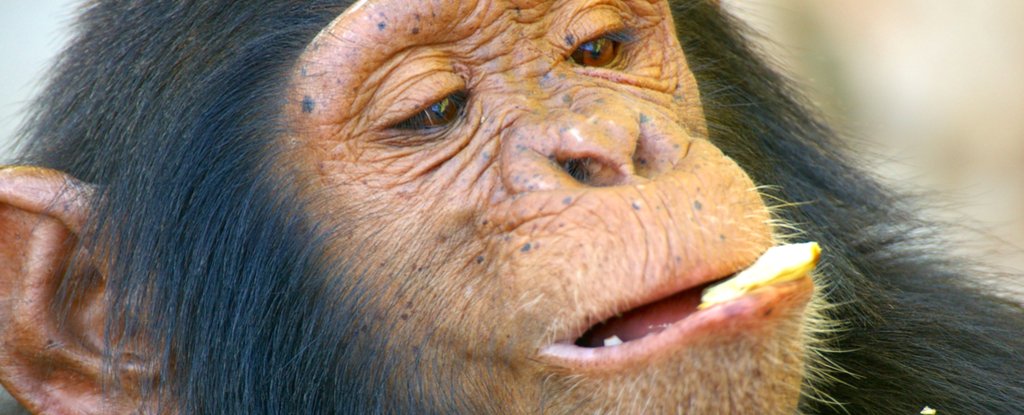


Chimp aggressionĬhimps aren't always aggressive - studies show that they can exhibit selfless behaviors and even understand and mourn death - but they do have a capacity for lethal aggression.

After the chimps left the body, Pruetz and her team buried the fallen chimp, but plan to exhume his remains for further examination, she said. In the hours after the attack, the chimps appeared afraid of Foudouko's body even as they attacked it, Pruetz said. They were also in their physical prime, which may have given them an advantage during the attack, she said. Moreover, the younger chimps outnumbered Foudouko and his allies. It's feasible that the younger chimps attacked him because they didn't want him to regain power, she said. During his time as an alpha male, Foudouko was very dominant and was feared by the other chimps. Perhaps Foudouko would have fared better if he had acted more submissive during his return in 2013, Pruetz said. "Chimps are very social, so this type of isolation would be a huge stress, and it seemed Foudouko wanted to get back into the social group." "It really struck us that Foudouko lived on the outskirts for so long," Pruetz said. During his exile, Foudouko followed the community from a distance and interacted with former allies, but these interactions were rare and always done in private, the researchers said. There's no other record of a chimp surviving that long by itself, she said. Pruetz noted that it's extraordinary Foudouko managed to survive in isolation for five years. A team of researchers in Senegal bury the chimpanzee Foudouko.


 0 kommentar(er)
0 kommentar(er)
